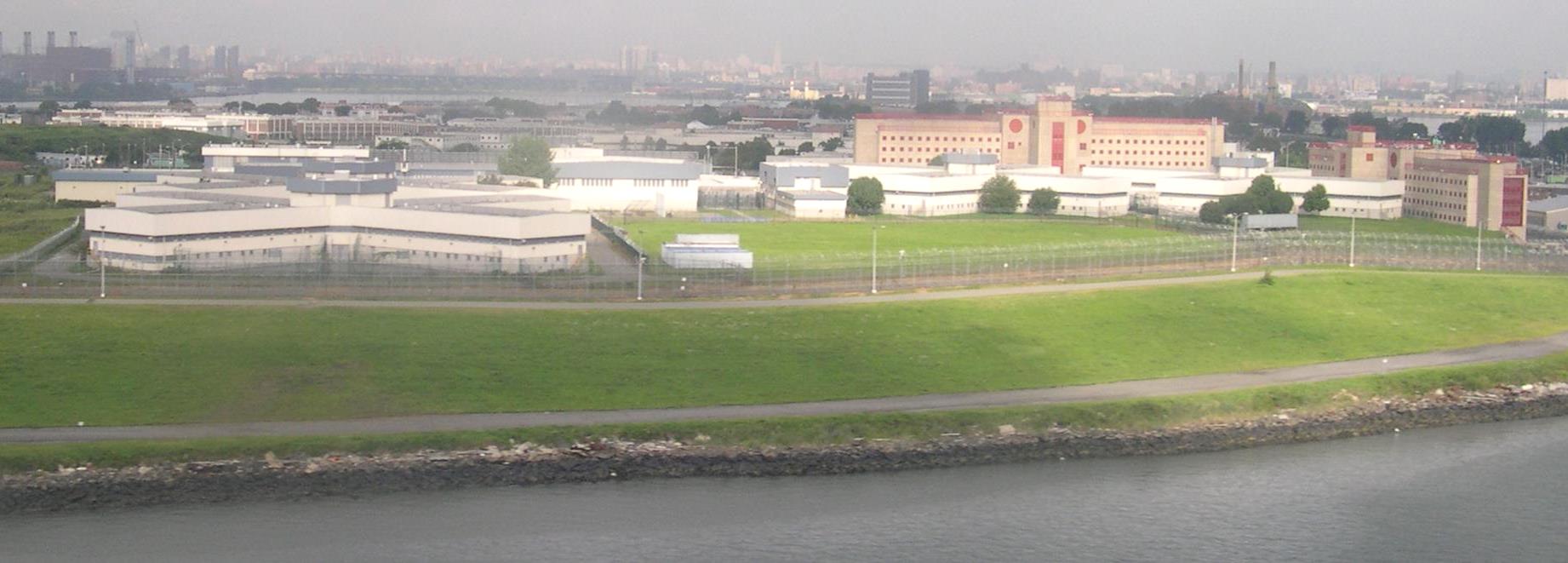 A federal judge on May 14 stripped New York City of its control over the Rikers Island jail, which will now effectively be run by a third-party “remediation manager.” This comes after the same judge held the city in contempt last November for failing to reduce violence in the notorious jail complex.
A federal judge on May 14 stripped New York City of its control over the Rikers Island jail, which will now effectively be run by a third-party “remediation manager.” This comes after the same judge held the city in contempt last November for failing to reduce violence in the notorious jail complex.
Rikers Island is one of the nation’s largest correctional institutions. The majority of detainees at Rikers are defendants being held in custody while they await trial or processing. The jail has a longstanding reputation for violence and mistreatment of its inmates.
In 2011, a class action lawsuit was brought against Rikers Island for cruel and unusual punishment in violation of the 8th Amendment of the US Constitution. The lawsuit was filed under 42 U.S.C. § 1983, a federal law that allows individuals to sue state and local governments for violating their constitutional rights. Federal prosecutors launched their own separate suit in 2014 against the city over violent conditions at the prison.
In 2015, the parties entered into a consent judgment requiring NYC Department of Corrections (DOC) to “take specific actions to remedy a pattern and practice of violence by staff against incarcerated individuals.” After years of non-compliance, additional court orders were issued.
Chief Judge of the US District Court for the Southern District of New York, Laura Taylor Swain, held NYC and the DOC in civil contempt of 18 provisions of previous court orders in November 2024. Judge Swain ordered the parties to submit proposals for a receivership. A receiver is a neutral third party that a court appoints to manage assets. The plaintiffs—all incarcerated individuals—submitted a proposal for the receiver with sweeping powers. The defendants (NYC/DOC) proposed that DOC Commissioner Lynelle Maginley-Liddie be appointed as a “compliance director” to oversee the facility.
In this week's ruling, Swain outlined the plan for a third party remediation manager to be appointed as the receiver. The remediation manager will report directly to the court and they will have broad authority over DOC functions related to the previous contempt provisions. These include the authority to implement policy changes, investigate use-of-force incidents, make personnel decisions, and negotiate contracts and procurement of equipment. The parties are ordered to submit recommendations of individuals to be appointed in this role by Aug. 29.
Appointment of a correctional receiver is a rare practice. Roughly a dozen such receiverships have been ordered by state and federal judges dating back to the 1960s. California’s prison medical system has been managed by a receiver since 2006, after a federal court found that the state was providing “unconstitutional levels of care” to incarcerated individuals.
From JURIST, May 15. Used with permission.
Photo: Wikipedia
Follow @GlobalGanjaRpt







Recent comments
2 weeks 1 day ago
2 weeks 1 day ago
5 weeks 2 days ago
6 weeks 1 day ago
10 weeks 2 days ago
14 weeks 17 hours ago
18 weeks 22 hours ago
18 weeks 6 days ago
28 weeks 6 days ago
32 weeks 6 days ago